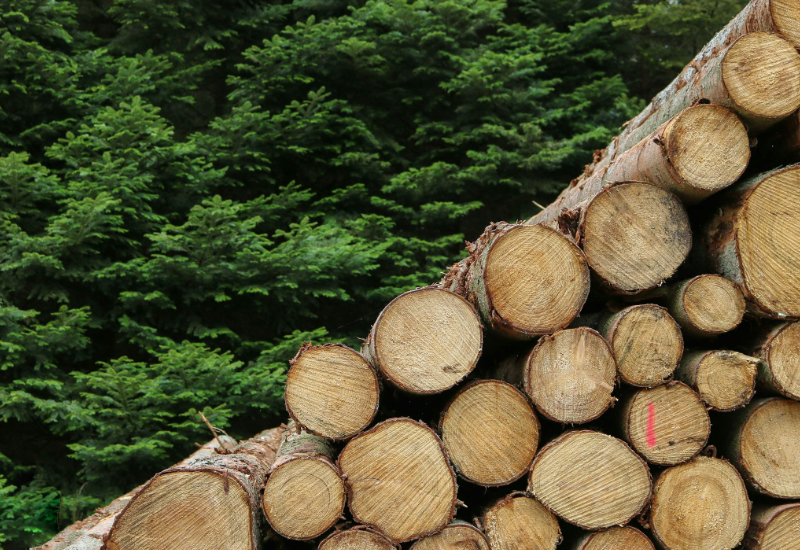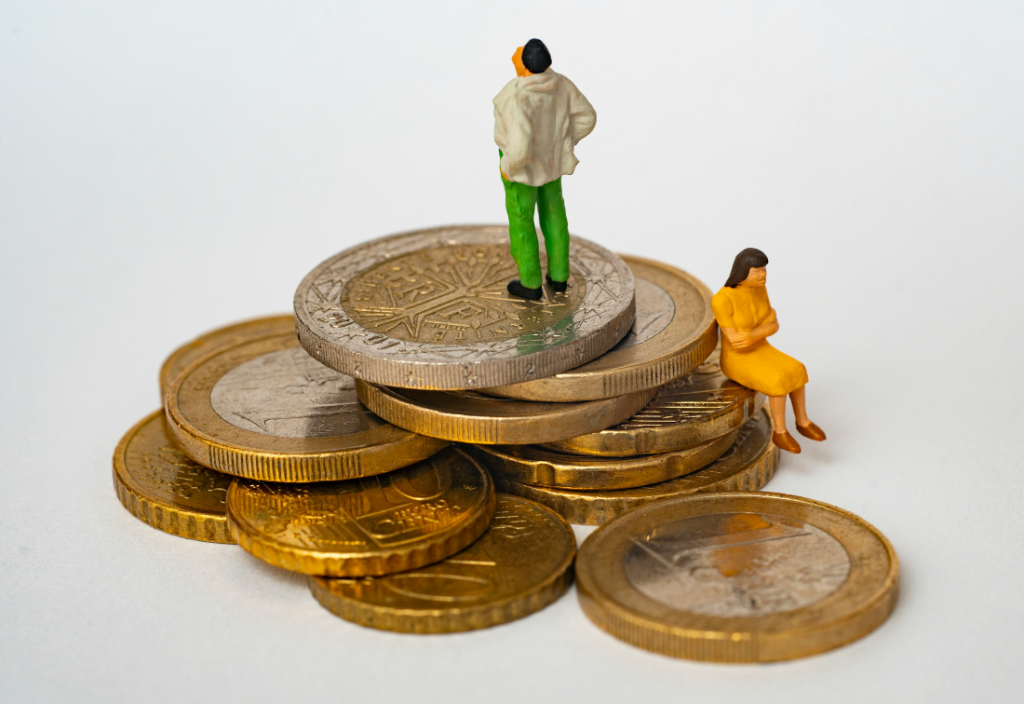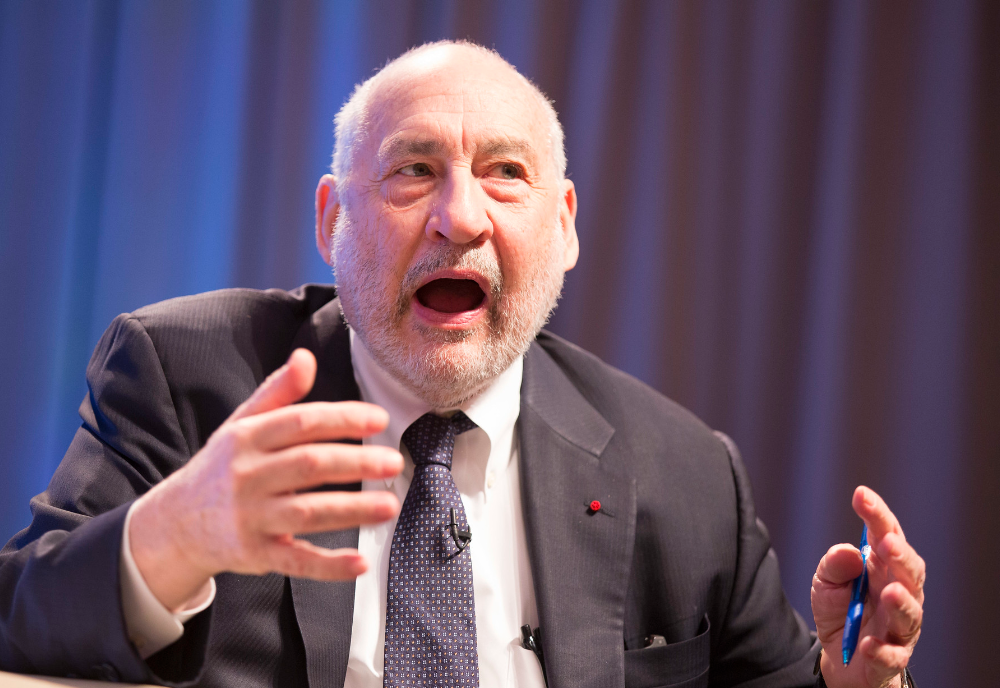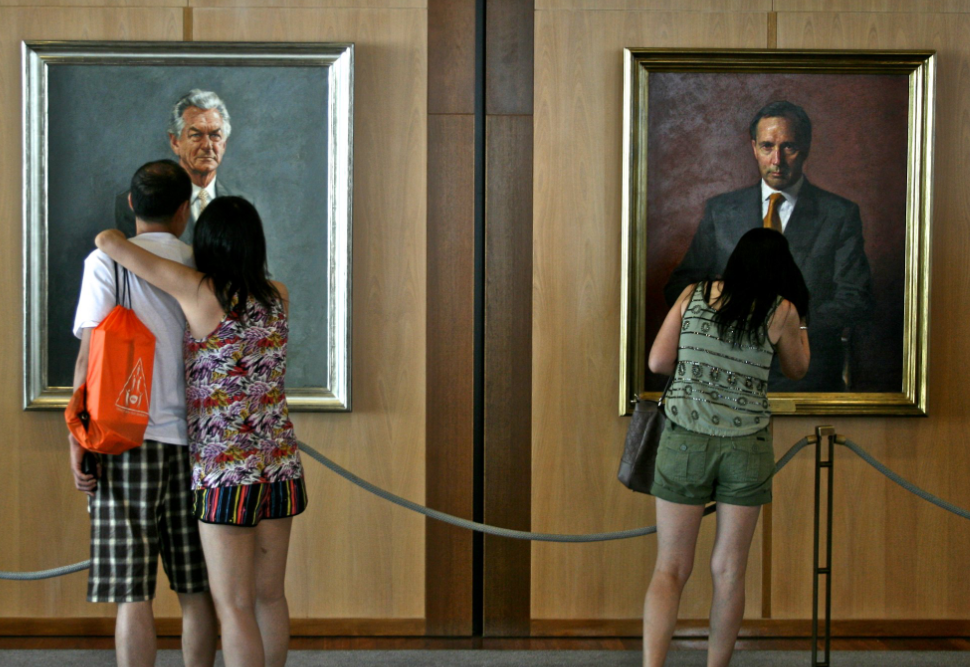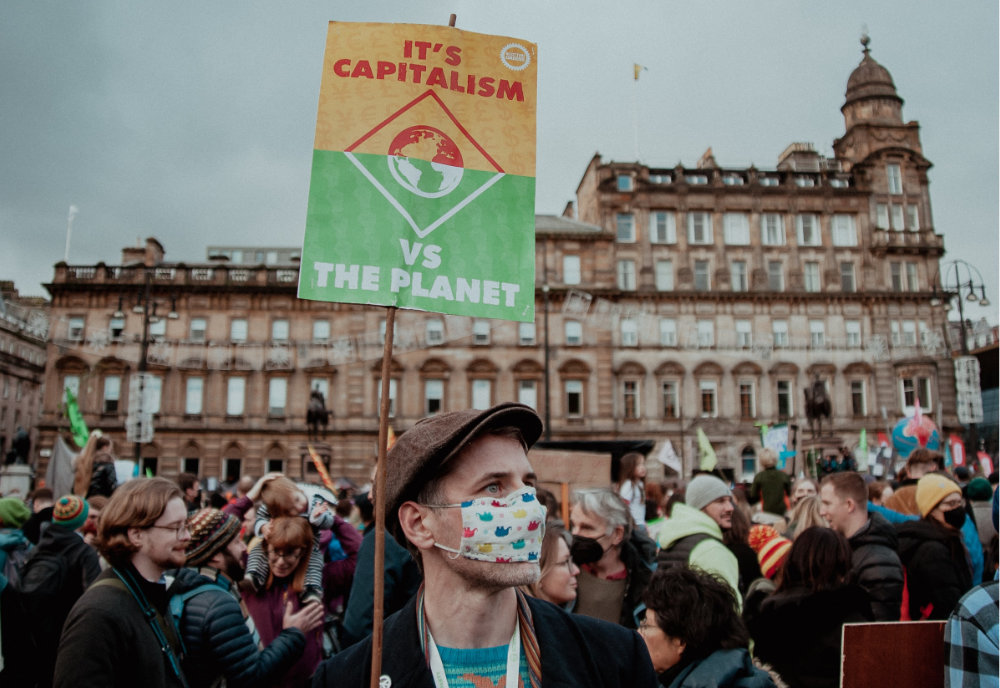What you perceive as progress depends on your perspective. To the logger, progress is cleared land, but to the conservationist it is trees standing tall. The logger is not wrong to want a job that suits their skills and enables them to provide for their family. And the conservationist is not wrong to want to conserve the environment for future generations.
This tug-of-war between self-interest and the public interest is ever present, and maintaining balance is key to everyone not falling over. We know this because we’ve tried the extremes of both.
Communism’s popularity surged during the 19th and 20th centuries as people rallied against the injustices and inequalities of capitalist systems. Communists rode waves of public discontent with elites who benefited while many were left behind, impoverished and forgotten. They promised to serve the public interest by redistributing wealth and giving power back to the people.
Needless to say, communism did not live up to its promise. Wealth was transferred from an elite capitalist few to a revolutionary communist few who simply formed a new elite. The masses continued to suffer, and for many that suffering became even greater.
Many have learned the hard way that communism fails as a political and economic system: politically, because the concentration of power and lack of political pluralism and competition limits accountability and transparency, giving rise to authoritarianism; economically, because state control of production and distribution and the absence of free-market competition stifles entrepreneurship, innovation and productivity.
To work well, political and economic systems must be built on an understanding of human behaviour, must incentivise the better angels of our nature, and must put guardrails in place to prevent its worst excesses — think things like progressive taxation, the separation of powers, a free media and markets, and strong democratic institutions. These are the things that have enabled liberal democracies to thrive with capitalist economies.
It is often said that capitalism has lifted billions out of poverty and underpinned improvements in quality of life and technology in ways unmatched by any other economic system in our history. And this is true, but only in the sense that we have for some time now experienced a form of capitalism in which strong labour movements and governments that understand the importance of building a large and resilient middle class have limited the excessive exploitation of workers.
The industrial revolution saw huge advances in technology, but we’d still have children working in coal mines 12 hours a day if capitalists at the time had their way and governments didn’t change the system to support working people to live better lives.
That was capitalism before it had guardrails.
To work well, political and economic systems must be built on an understanding of human behaviour, must incentivise the better angels of our nature, and must put guardrails in place to prevent its worst excesses
The problem now is those guardrails, introduced progressively over generations, are being dismantled as powerful monopolies form, wealth and power becomes more concentrated and centralised, and political and regulatory systems are captured by vested interests.
The result: self-interest increasingly overrides the public interest and the benefits of capitalism are felt by fewer and fewer people. We see this, for example, in widening income and wealth inequality, the unregulated automation of jobs, and increasing job insecurity and exploitation of labour. We also see it in harmful industries reaping massive profits at everyone’s expense because they are shielded by a political class they essentially own.
Unbridled capitalism and the pursuit of profit at all costs now threatens to erode the very fabric of society. Call that hyperbole if you want, but many now call it “late capitalism”, as if the entire economic system will soon come to an end. The more people we leave behind, the more likely this becomes.
A chain is only as strong as its weakest link. We must strengthen the social contract that binds us together. That means a strong safety net, social mobility, and leaving no one behind.
All this should be front of mind as we make policy and practice changes, including as we undergo the energy transition to renewables.
There is no denying we must transition from fossil fuels to clean energy for the sake of the planet and everyone on it, and the good news is there are enormous economic benefits to doing so. But this transition must be carefully managed so that these benefits are widely felt. We can’t pull the rug out from under communities that are over-reliant on polluting industries without a plan to transition their workforces.
Churchill once joked that democracy is the worst form of government, except for every other one we’ve tried. The same is true of capitalism as an economic system. But like democracy, capitalism will fail if our political class sells out to private interests instead of maintaining the delicate balance of private and public interests.
Embracing the strengths of capitalism while mitigating its drawbacks demands a commitment to stronger regulation, greater accountability, and corporate social responsibility. An end to corporate political donations from harmful industries (e.g., alcohol, tobacco, gambling, guns, fossil fuels) would be a good start.
Progress is a collective endeavour. As we work toward it, we must understand a healthy environment and community is the foundation of a healthy economy, and that we won’t have either unless we act now to prevent harmful industries from profiting at our expense.
Published 28 May 2024.
This article has been republished with the permission of the author. It originally appeared on his blog.
Photo by Oliver Paaske on Unsplash.

